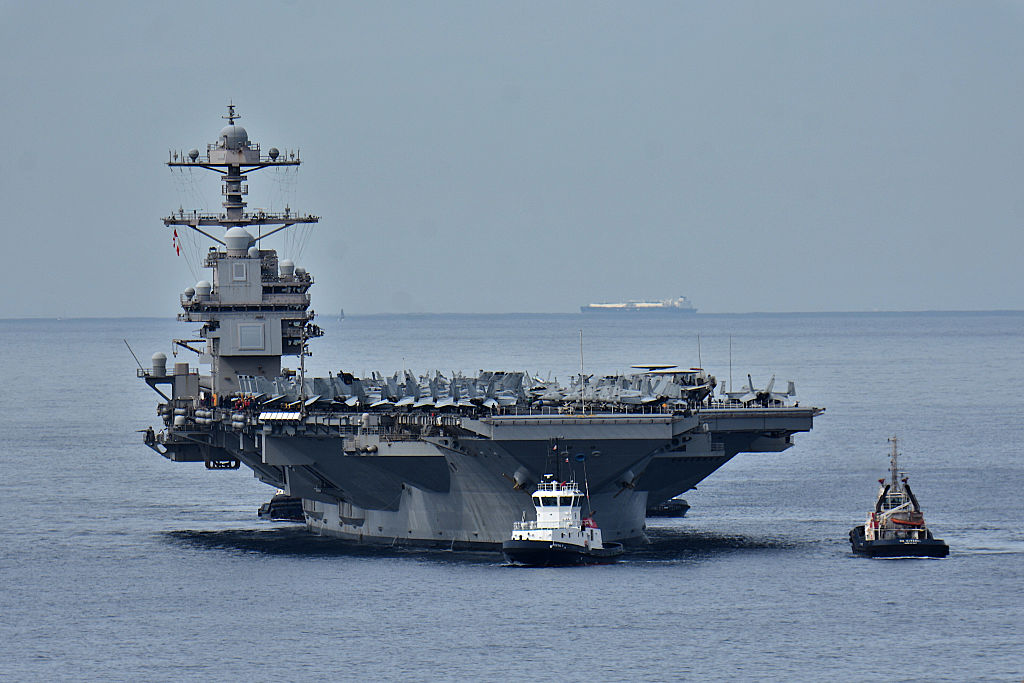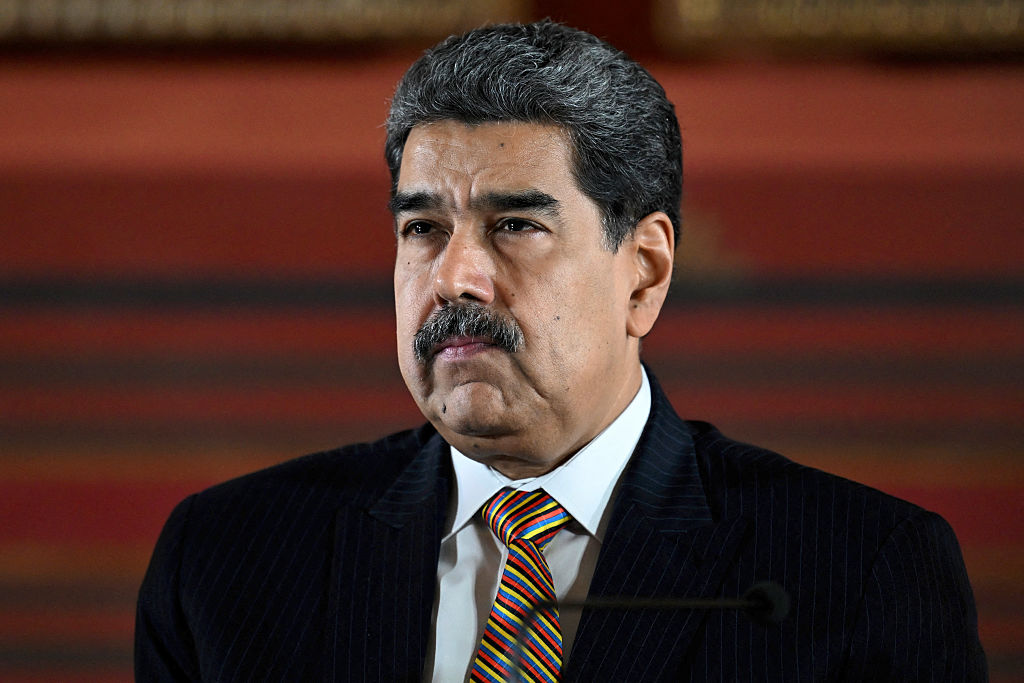
In a move that is clearly furthering the US's position amid tensions with Venezuela, the USS Gerald Ford has been deployed in the area of responsibility of the US Southern Command, which covers Latin America and the Caribbean.
With USS Gerald Ford now patrolling, there are now 15,000 American soldiers in Latin America, and 60 planes, including F-18 fighter jets.
“These forces will enhance and augment existing capabilities to disrupt narcotics trafficking and degrade and dismantle transnational criminal organizations,”
-Sean Parnell, Pentagon spokesperson
The deployment of the ship and its fleet was announced three weeks ago, but its arrival marks a significant signpost in military tensions between the US and Venezuela.
President Maduro responds

Venezuelan president Nicolas Maduro announced a “massive deployment” of land, sea, air, river and missile forces, as well as civilian militia, to counter the US naval presence off its coast.
Maduro is accusing the US of “fabricating a new war” and said the military deployment represents “the greatest threat our continent has faced in the past 100 years”.
Maduro has a point, with the arrival of the USS Gerald Ford and it's accompaniment, which includes dozens of aircraft and destroyer ships forms the largest US military presence in the region in decades – seen as the biggest since the invasion of Panama in 1989.
The USS Gerald Ford has joined other warships, a nuclear-powered submarine and aircraft based in Puerto Rico.
Trump's justification
Trump has justified all of the military attacks in the Caribbean Sea over the last three months as part of his “war on drugs,” but experts have questioned the validity of the claim, especially since drugs have only been recovered from one of the 20 vessels sunk by the US.
[The US is] stretching the meaning of the term [self-defense] beyond it's breaking point… Labelling everyone a terrorist does not make them a lawful target and enables states to side-step international law.”
-Prof Michael Becker of Trinity College Dublin, human rights expert
Trump has claimed that all 20 boats sunk by US strikes were carrying drugs for Venezuelan cartels, including the Tren de Aragua. The only problem is that at least three of the vessels have been confirmed to have been Colombian, without any attachment to Venezuela or the cartels peddled by Trump.
On Sunday, the summit for the Community of Latin American and Caribbean States made a statement informally directed at the United States:
“The use or threat of use of force and any action not in accordance with international law and the Charter of the United Nations.”
Venezuela and Nicaragua were the only countries not to sign the declaration, and Maduro's regime reportedly expected a direct condemnation of the US rather than a vague statement.
Political motivations
Most analysts see the US attacks as a way to pressure Nicolas Maduro to step down, after stealing last years presidential election.
Maduro lost the Venezuelan election in June of last year, and Venezuela proved it with its own polling technology. Regardless of the loss, Maduro is still in power and has refused to step down.
Polling data has found that Maduro only won 30% of the Venezuelan vote, compared to the oppositions 67%. Not only did Maduro lose, but it was a landslide loss.
More than 1,200 opposition activists and volunteers have been arrested in Venezuela since the election last year.
It is not clear what will be the US's next action. President Trump was reportedly briefed on multiple options, air strikes on seaports, airports and military facilities, and a dramatic (if less likely) option: sending in a team of special operations forces to apprehend or kill Venezuela's President Nicolas Maduro and his senior advisers. This, of course, would be an overt act of war that experts say even Trump would be hesitant to commit to.